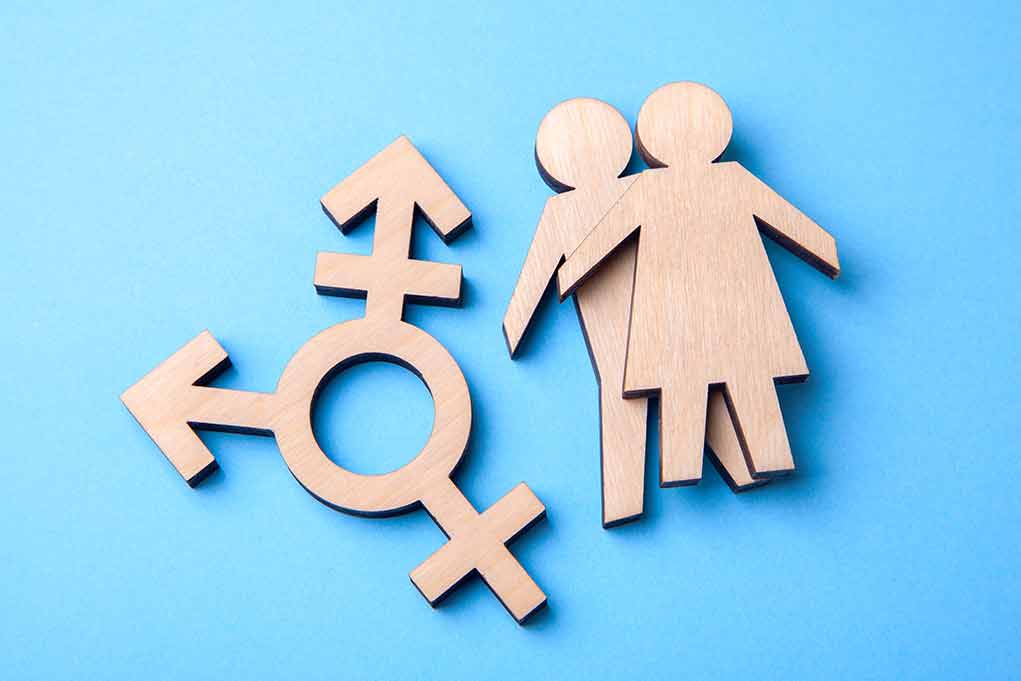
World Boxing has launched mandatory gender testing that will bar Olympic gold medalist Imane Khelif from competing until she submits to genetic screening, marking a watershed moment in the battle for fairness in women’s sports.
Key Takeaways
- World Boxing is implementing mandatory gender testing for all boxers in its competitions to ensure fair competition, with specific focus on verifying biological sex.
- Olympic champion Imane Khelif is barred from World Boxing events until she completes genetic sex screening, following her controversial participation in the Paris Olympics.
- The testing will use PCR genetic tests to detect the SRY gene, indicating the presence of the Y chromosome, as the primary method to determine biological sex.
- While proponents view the policy as necessary for athlete safety in combat sports, critics argue it may violate privacy rights and deter participation from certain athletes.
- An appeals process will be established, with support offered to boxers who receive adverse test results.
Setting New Standards for Combat Sports
World Boxing has taken a definitive stance on gender verification by introducing mandatory testing for all competitors in its events. The governing body’s decision comes in direct response to the controversy surrounding the Paris Olympics, where Algerian boxer Imane Khelif’s participation in the women’s division sparked heated debate. This new policy aims to create a standardized framework for determining eligibility in both male and female categories, with the organization emphasizing that the measures are designed to maintain competitive integrity while ensuring athlete safety in a combat sport where physical differences can have serious consequences.
The testing protocol will require athletes over 18 to undergo a PCR genetic test, which can be administered through various methods including nasal or mouth swabs, saliva, or blood samples. These tests specifically target the SRY gene, which indicates the presence of the Y chromosome and serves as a biological marker of sex. World Boxing has stated that while comprehensive, the testing procedures will adhere to globally accepted ethical and medical standards with promises to respect athletes’ dignity throughout the process.
#UPDATE World Boxing says it will launch mandatory gender testing to determine the eligibility of male and female athletes for its competitions. The policy comes after a furor surrounding Olympic women's gold medallist Imane Khelif.https://t.co/Vxr0Mpyvln #AFPSports pic.twitter.com/VCxtV89GCF
— AFP News Agency (@AFP) May 30, 2025
Olympic Champion Faces Testing Requirement
The most high-profile impact of the new policy involves Paris Olympics women’s welterweight champion Imane Khelif, who now finds herself barred from World Boxing competitions until she completes the required genetic screening. “Imane Khelif may not participate in the female category at the Eindhoven Box Cup, 5-10 June 2025 and any World Boxing event until Imane Khelif undergoes genetic sex screening in accordance with World Boxing’s rules and testing procedures,” according to World Boxing.
“The PCR test is a laboratory technique used to detect specific genetic material, in this case the SRY gene, that reveals the presence of the Y chromosome, which is an indicator of biological sex,” World Boxing explained in their announcement.
This decision follows Khelif’s previous disqualification from the International Boxing Association (IBA) last year after reportedly failing a gender eligibility test. Despite this history, Khelif was permitted to compete in the Paris Olympics, where she secured a gold medal. The controversy has intensified as reports indicate Khelif intends to compete in the 2028 Los Angeles Summer Olympics, creating a potential flashpoint for competing standards between Olympic and professional boxing governance.
Balancing Fairness and Individual Rights
The implementation of mandatory gender testing has predictably divided stakeholders across the sporting world. Supporters view the measure as essential for maintaining competitive fairness, particularly in combat sports where physical advantages can pose safety risks. The policy represents a clear statement that biological differences matter in boxing, where competitors directly engage in physical combat. World Boxing has emphasized that its primary focus remains on protecting all participants, stating that the new regulations do not pre-judge any testing outcomes.
“The organization claims that the goal of the new policy is to establish a uniform framework for determining eligibility in both male and female categories,” World Boxing stated in their announcement.
Critics, however, have raised concerns about potential violations of athletes’ privacy rights and the psychological impact on competitors subjected to such testing. Human rights campaigners are calling for greater transparency and consultation in the development of these policies, suggesting they could deter participation from transgender athletes and those with differences of sexual development (DSD). Recognizing these concerns, World Boxing has announced plans to include an appeals process and provide support for boxers who receive adverse test results, though specific details of these mechanisms remain forthcoming.




